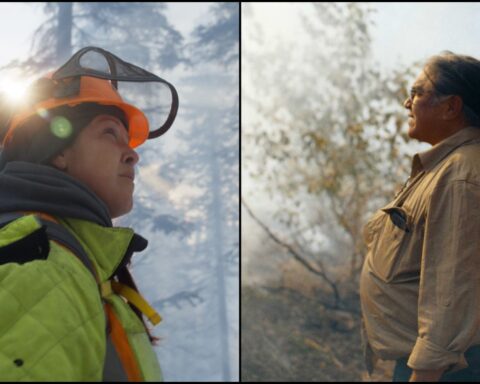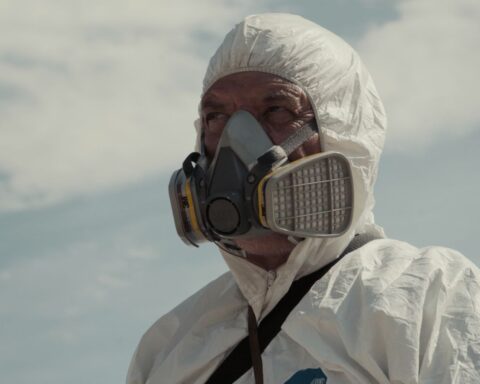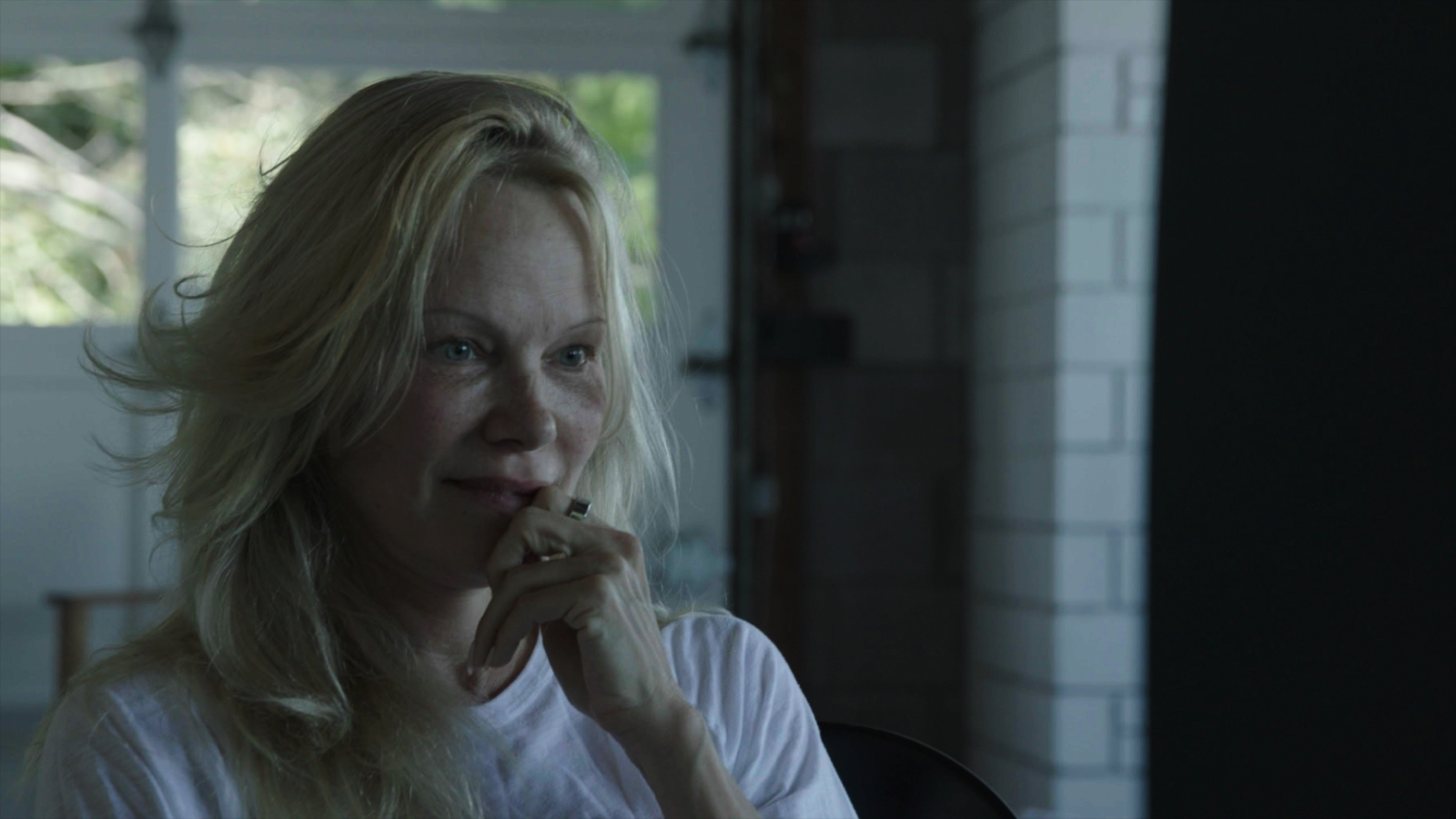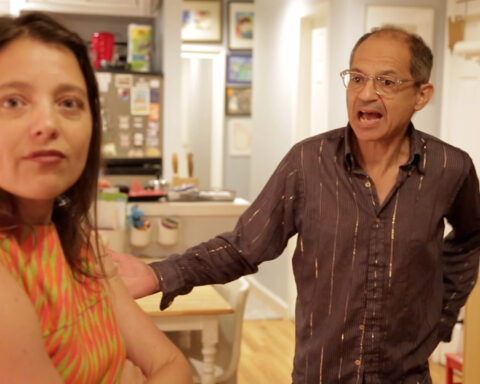Pleistocene Park
(USA, 101 min.)
Dir. Luke Griswold-Tergis
How crazy do you have to be to try to reverse climate change? Gonzo Russian geophysicist Sergey Zimov and his son Nikita aim to get ahead of the climate crisis with their ambitious project at Pleistocene Park. American director Luke Griswold-Tergis chronicles the DIY efforts of the Zimovs at their unique Siberian testing ground. Pleistocene Park finds through these eccentric characters a refreshingly hopeful portrait amid an increasingly dire prognosis for the Earth’s future. The film also delivers a mad scientist for the ages in Sergey and shows how a little eccentricity and a little gumption will go a long way. The film illustrates how changing the world seems crazy, but refusing to do so is even loonier.
Pleistocene Park distills rather complicated (or seemingly complicated) science into accessible terms through Zimov’s story. Sergey explains his theory that frozen Arctic soils contain twice as much carbon as the Earth’s atmosphere. As he observes the melting of the permafrost, he records rising carbon levels. The key, he explains, is to keep the permafrost frozen by reintroducing a healthy ecosystem in which a diverse body of animals will trample and compact the earth. The animals will therefore make conditions akin to those of mammoths that reduce the thaw with their own footprints.
To do this requires animals, though. Griswold-Tergis shows how the Zimovs test Sergey’s hypothesis, particularly when funding for solid science isn’t a priority in Putin’s Russia. Their strategy involves capturing and relocating a few reindeer and horses. The film captures droll clandestine missions to nab and ferry reindeer from downriver to populate Pleistocene Park. But the key, Sergey insists, is a herd of bison. A big herd. This coup requires tough negotiations with farmers in Canada, Alaska, and eventually far flung corners of Russia and Europe.
DIY Spirit All Around
Part road movie, part character study, all invigorating fun, Pleistocene Park optimistically illustrates the ways in which individuals have the power to inspire radical change. As Griswold-Tergis accompanies the Zimovs along for their mission, which includes a months-long effort to transport bison across borders and a multi-week road trip with precious cargo in tow, he captures how independent science can conquer institutional malaise, particularly as the aging Russian madman knows he won’t live to see the full results of his mission. The place should be a hotbed of interest, for Sergey finds mammoth fossils anywhere he steps on the beach. Pleistocene Park, way up in Siberia, is an ideal testing ground for changes in the North.
Part of the film’s ramshackle charm is the director’s observation of Pleistocene Park’s own starvation for support. The mission survives on little more than hope and sweat equity. Sergey beats his equipment into submission, stereotypically Russian-style, and can’t catch a break with fundraising.
Nikita, meanwhile, grows frustrated with Griswold-Tergis’s presence, which adds a level of humour to Pleistocene Park. It also adds an endearing meta-level of dedication as the director reflects how independent documentary filmmaking requires much of the same vow of poverty the geophysicist begrudgingly accepts.
Pleistocene Park is unabashedly rough around the edges as it stays true to the Zimovs’ spirit. Buoyed by a great sense of humour, though, and winning characters who make clear their commitment to the greater good, Pleistocene Park is ultimately an invigorating off-the-beaten path environmental doc. The grassroots spirit of the film should speak to audiences hungry for an alternative to the status quo. And climate change deniers, in the unlikely event they’re open to a film like Pleistocene Park, will inevitably be won over by the Zimovs’ spunk and dedication.














